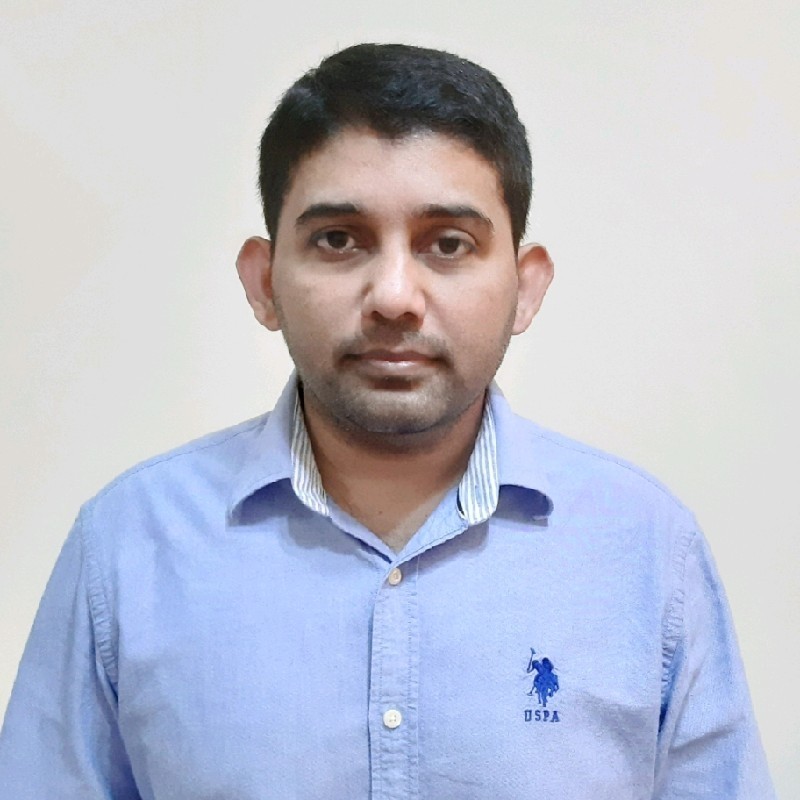Distributed SQL Summit

Distributed SQL Summit - North America
The Distributed SQL Summit will be here in September 2024. Registration is free. Save this page and come back soon to learn more.
In-Person
DSS Day
DSS Days India and Japan are coming soon! Bookmark this page and return to learn all the details.
On Demand
Global Virtual Event 2022
DSS Asia 2023
Featured Speakers

Yugabyte

Yugabyte

Airwallex

IMDA

Singtel

Helpshift

Yugabyte

Yugabyte

PT Mitra Integrasi Informatika (MII)

Yugabyte

Authlete

Yugabyte
Who Should Attend?

The Distributed SQL Summit is an event where executives and techies (alike) come together to share use cases, best practices, and real-world examples of how they are building cloud-native applications and modernizing their data layer with distributed SQL databases.
Who are you?
- Application developers
- DevOps engineers
- System architects
- Digital transformation leaders
What will you learn?
Developers
- Start building applications with distributed SQL in minutes
- Learn best practices of schema design and performance tuning
- Join hands-on labs and workshops to build awesome apps
DBaaS and DevOps
- Learn how to deliver a DBaaS efficiently
- Achieve database resilience and scale with zero downtime
- Effectively deploy and run distributed SQL DBs in Kubernetes
Technology Leaders:
- Hear how FTSE 500 companies are tackling database modernization
- Learn how to future proof your modern data layer
- Minimize risk during large-scale database modernization efforts
What is Distributed SQL?
Distributed SQL is a revolutionary category of databases for building mission-critical, cloud native applications.
A distributed SQL database is a single logical relational database deployed on a cluster of servers. A distributed SQL database automatically replicates and distributes data across multiple servers. These databases are strongly consistent and support consistency across availability and geographic zones in the cloud.
At a minimum, a distributed SQL database has the following characteristics:
- A SQL API for accessing and manipulating data and objects
- Automatic distribution of data across nodes in a cluster
- Automatic replication of data in a strongly consistent manner
- Distributed query execution
- Distributed ACID transactions
Look Forward To….







